The Unspoken Heroes
November 16, 2016
The Persian Gulf, a crooked body of water between two arch-enemies Iran and Saudi Arabia. A good 97,000 square miles, with a length of 615 miles give or take a few considering how the continents are. The Gulf has an average depth of 160 feet, and a maximum depth of 300 feet.
Not very much for a large oil tanker, and yet looking down into the gulf, all that stares back from the layers of water is a dark deep abyss. The temperature at the surface peaks at a high of 90 degrees Fahrenheit and a low of 75. Although normally warm, there is an eerie chill in the air upon the waters on this brisk October night.
As the night draws on, a crew of men prepare for launching out into the open sea. These are the Merchant Marines, the sailors in charge of the cargo load that have received no praise for their work that night. They gather their heavy coats, life jackets, ropes and gloves preparing for anything that may occur on the waters.
Amidst the raging sea, a ship, an oil tanker, just about 150 feet long, 45 feet wide, small enough to pass through the Strait of Hormuz, glides across the waves. Towering a good 80 feet over the dark water as it laps up against the metallic hull of the ship. She is outward bound laden with Heavy Fuel oil for the large engines of even bigger ships. The tanker rolls and pitches in rhythm with the waves.
Her port side faces Iran while her starboard faces Saudi Arabia, Bahrain, and Qatar. British Built in 1961, a beauty of her time, she was bought by Gulf east shipping and her name was officialized as Five Brooks. In the dead of night, about 0200 hours, weighing 13,048 tons this Panamanian-registered motor tanker rode the high seas with a classic style of grace.
As the bridge crew navigates her through the waves of the gulf, a missile strikes her port side exploding inside the electrician Mr. Hashimi’s cabin, shatters her superstructure and the ship instantly caught fire. Jagged pieces of metal stick out from around where the missile exploded. Captain R.P. Sharma orders abandon ship and the crew quickly release lifeboats, scavenging whatever and whoever they can find. Naeem Arshad Faruqi, the second-in-command of the port side lifeboats, risked his life in order to try to rescue his shipmates.
In pitch darkness, the crew covers their mouths and noses to keep the smoke from entering their lungs as they try their hardest to rescue their shipmates. 10 shipmates lost their lives with multiple injuries that frightful night. Of the bodies, only a charred skull, and a hand was found, cut by the metal and fires floating along the stream, any other remnants were lost in the fires.
This is October 17, 1986. In this ravenous sea was the midst of the war between Iran and Iraq. A war where countless lives were lost, with a fair share of the Merchant Marines. Who transported a large majority of the load throughout the entire war, with tankers like Five Brooks who carried a large majority of the oils and fuels.
Yet not a single mention of this event has ever taken to the history books. “We are the silent heroes of Peace and War”, says Moonis Rizvi, who served as Deck Cadet earlier at Five Brooks twice.Throughout all of the school years we take, we learn about the Army, the Air Force, Marine Corps, Navy, and even the Coast Guard. Yet, the Merchant Marines who have taken the brunt of the war have no mention in our history book. By definition, the Merchant Marine is the fleet of ships which carries imports and exports during peacetime and becomes a naval auxiliary during wartime to deliver troops and war materiel.
According to the Merchant Marine Act of 1936: “It is necessary for the national defense… that the United States shall have a merchant marine of the best equipped and most suitable types of vessels sufficient to carry the greater portion of its commerce and serve as a naval or military auxiliary in time of war or national emergency…”.
Their casualty rates were 1 in 16 throughout World War II, and they were the ones that took the brunt of the entire war. Despite being an incredibly small branch of the military, they lost over 10% of their forces in the war.
Any events of the Merchant Marines in the Iran/Iraq war seems to be incredibly hard to find, their existence and casualties wiped from history. While the Navy is largely known for sea battle, the Merchant Marines are in charge of not only carrying supplies but also civilians.
Especially in World War II, they were the ones whose numbers were lost the most because they cared for not only the supplies on their ship but the civilians as well. With the recent passing of Veterans Day, perhaps one should not only thank the people in the Army, Navy, or even the Coastal Guard, but also the smaller branches like the Merchant Marines.






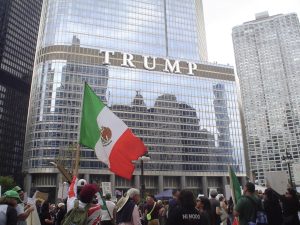






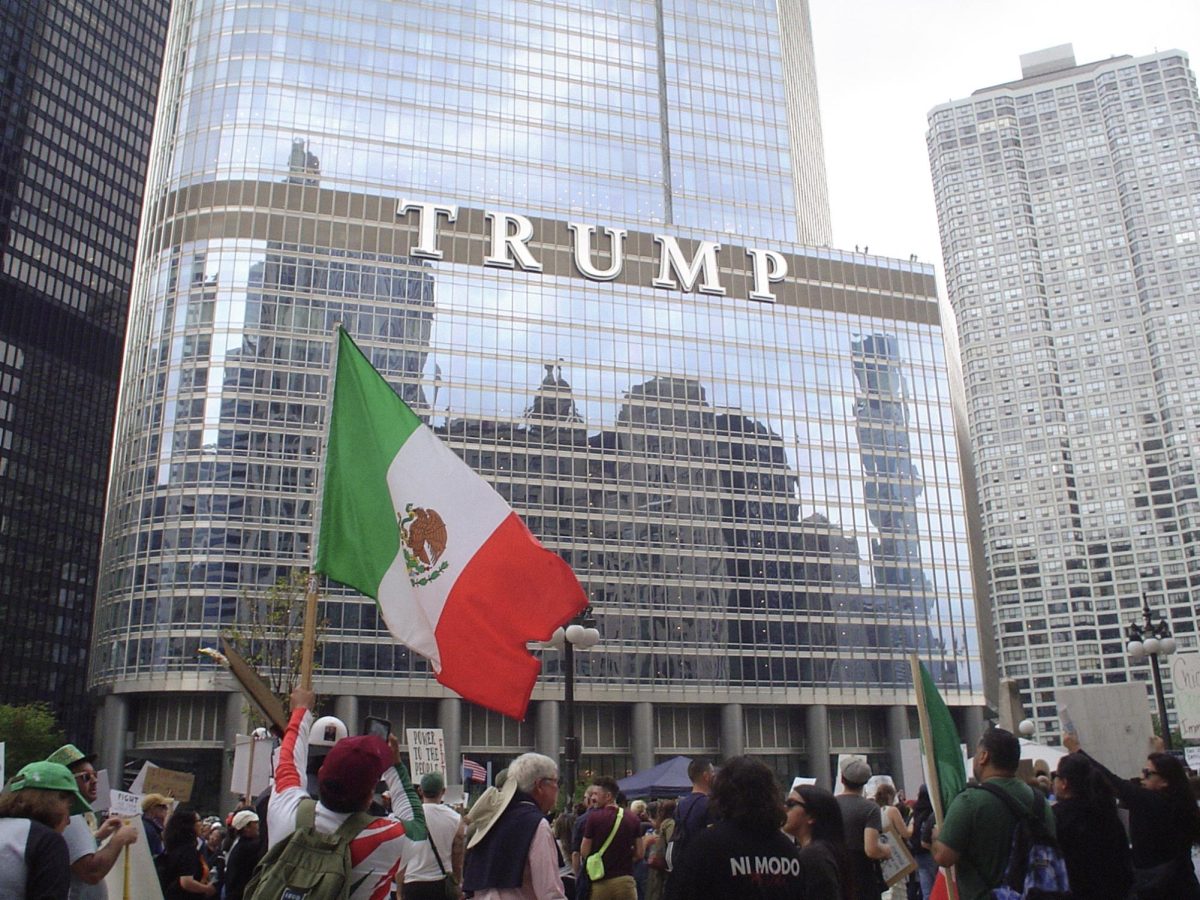

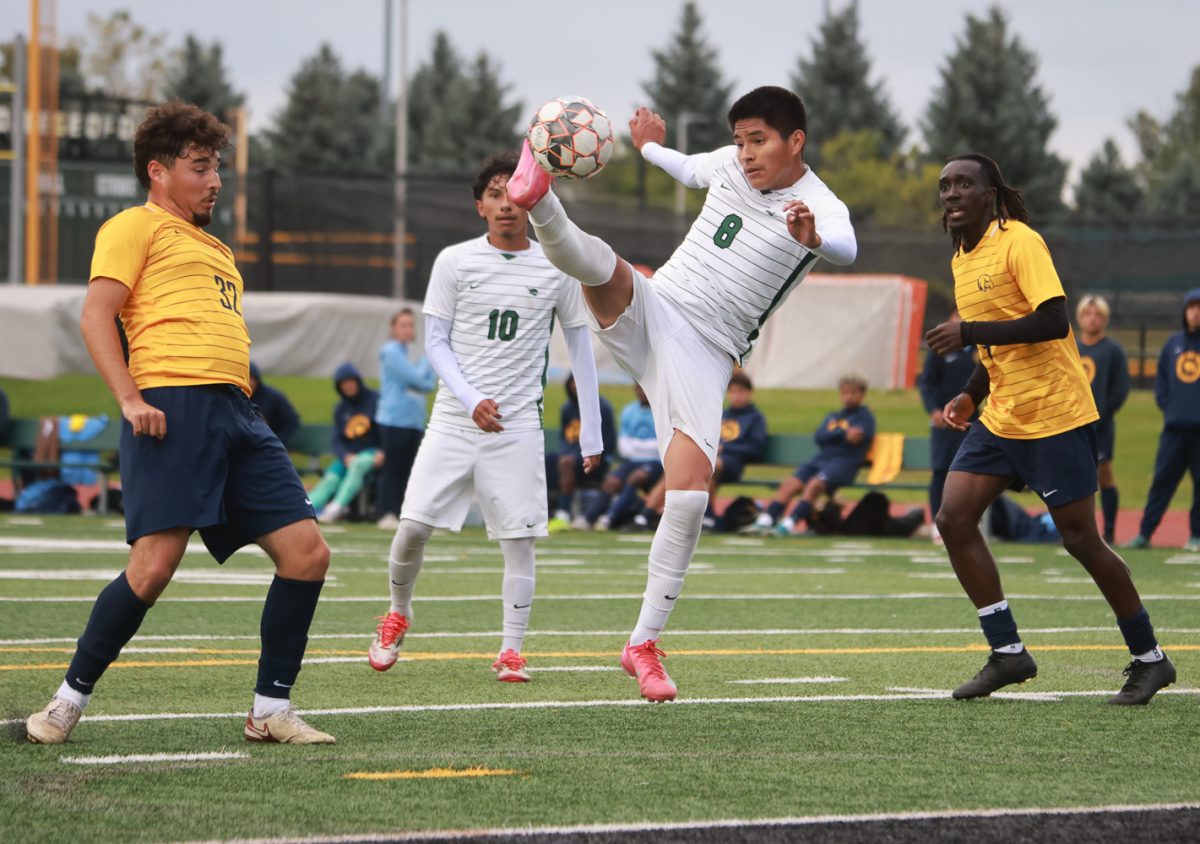

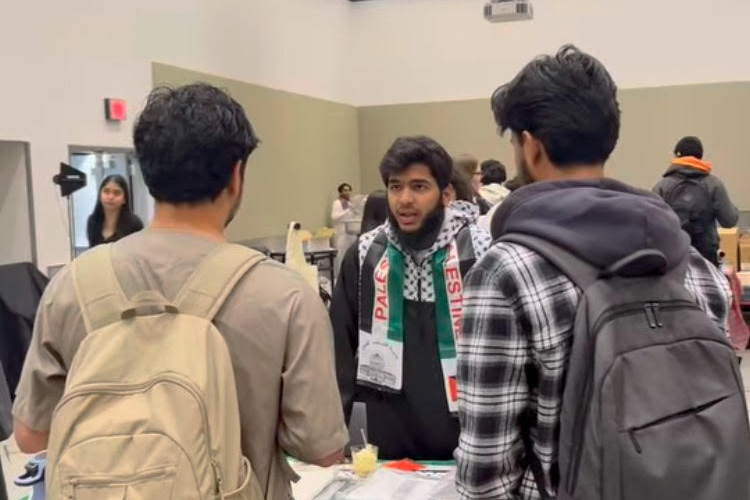
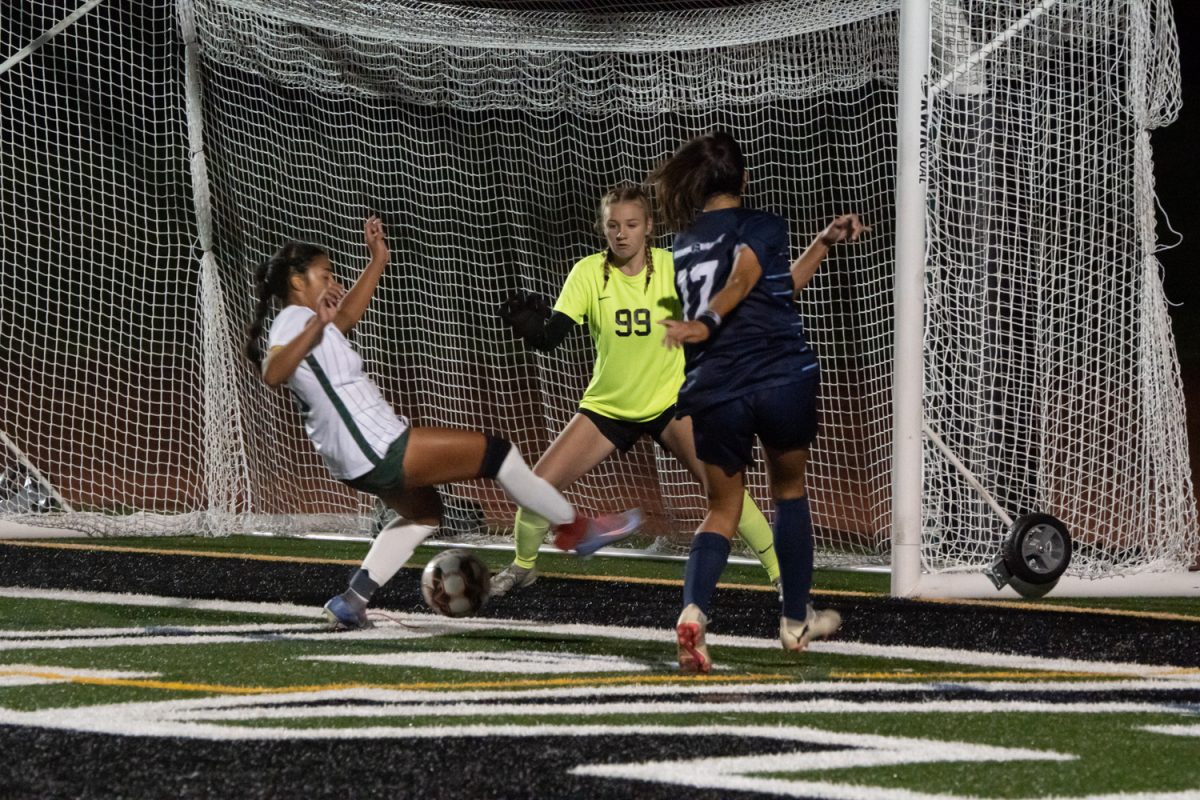

Laurence White • Nov 20, 2016 at 4:54 am
Nice article.
The people that sail/serve as offices and crew on ships of The Merchant Marine are Mariners or Merchant Seamen. Not Marines.
Regards
Mariner, Retired.